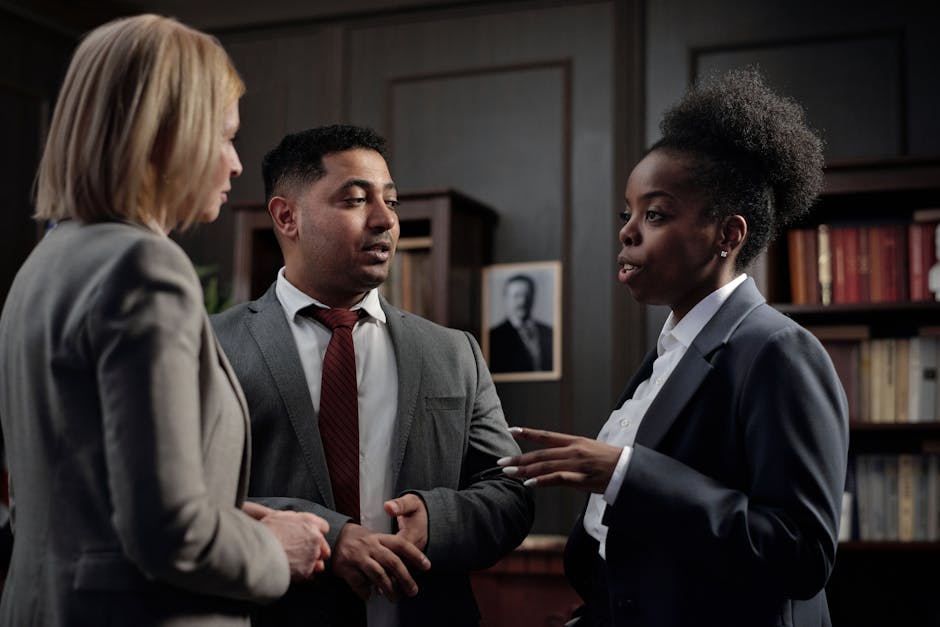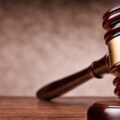
01 Nov Deposition Testimony Tips
Understanding Depositions
A deposition is a crucial element in the discovery phase of legal proceedings. In this phase, testimony given under oath captures details pivotal to both parties’ preparations for potential court appearances. Typically conducted in a lawyer’s office, this formal testimony occurs before courtroom battles commence.
During a deposition, a witness, or ‘deponent,’ will experience a structured interaction led by opposing legal teams. The attorney initiating the deposition leads with questions about the case, aiming to extract information that pre-empts potential arguments presented in a forthcoming trial.
Testimony can be recorded using stenographic or digital audiovisual tools. Both parties are privy to this recording, ensuring transparent communication and a robust legal process.
The presence of a few key personnel characterizes the setting of most depositions; these include:
- The deponent
- Attorneys from each side
- A certified court reporter
Occasionally, depositions might also include the attendance of legal aides or consultants.
Preparing for a deposition demands a rigorous review of all case-related documents and facts with legal counsel to refresh the memory and refine responses. This practice assists in maintaining a deposition’s focus, easing the later usage of deposition transcripts if brought forth during trial scenarios.
Preparation Strategies

Effective preparation reduces anxiety and enhances clear communication during the deposition. Connecting with your legal team well before the deposition allows for a comprehensive exploration of potential questioning angles. Ensuring a strong grasp on the nuances of your involvement within the case context molds a stronger deposition structure, fortifying it against critical scrutiny under opposing counsel’s examination.
One potent technique that enhances readiness is the mock deposition session. These preparatory simulations should incorporate a broad spectrum of anticipated questions, spanning basic query frameworks to complex routings that aim to challenge your narrative cohesion under pressure. These rehearsals solidify responses and tune fluency on discussing the legal and factual dimensions of the case.
Thoroughly understanding the key documents, timelines, and other evidence relating to the case is another layer of preparedness. Before the deposition:
- Review all relevant paperwork
- Construct a mental timeline
- Clarify legal jargon or complex technical terms with your attorney to prevent confusion during testimony delivery
Familiarity with multimedia proof elements such as photos, emails, or recordings can reinforce a well-founded narrative. Demonstrating capability to interpret these materials aptly portrays professionalism and preparedness. It also assists in nurturing confidence while navigating unexpected routes of interrogations about the documented materials.
Learning to manage psychological pressure and maintain calm when subjected to incisive questioning plays a crucial role. Techniques such as deep-breathing exercises or brief mental visualization of a successful deposition outcome can subdue apprehensions and sustain composure.
Handling Cross-Examination
 Handling cross-examination emerges as a paramount skill in the critical phases of a deposition. It demands attentiveness and mental rigor, which ensure responses are precisely linked explicitly to the queries posed. During this stage, adversaries may employ challenging questioning strategies to unearth inconsistencies or encourage admissions that favor their narrative.
Handling cross-examination emerges as a paramount skill in the critical phases of a deposition. It demands attentiveness and mental rigor, which ensure responses are precisely linked explicitly to the queries posed. During this stage, adversaries may employ challenging questioning strategies to unearth inconsistencies or encourage admissions that favor their narrative.
Strategically, responding effectively under cross-examination involves recognizing the boundaries of each question. Answers must be restricted to the scope directly asked without meandering into territories that provide the inquirer with additional fodder for argument. This focused engagement impedes the typical strategic aim of cross-examination, which is to stretch the bounds of responses to potentially unravel the witness’s credibility or manipulate the deposition’s facts.
When faced with complex or layered questions, asking for a restatement or clarification ensures that every response submitted is pertinent and thoughtful. This action mandates the examiner to refine their inquiry, allowing you more clarity in framing a concise and direct answer.
Anchoring your responses in verifiable facts and previously reviewed information liquidates opportunities for speculation or overreach. Your responses should always resonate with factuality, reflecting the preparation and depth of comprehension about case-specific dynamics and contexts.
Additionally, harness the ability to pause and consider; rapid-fire responses might occasionally lead to unintentional slips or misstatements. While delays should not suggest evasion but inspire confidence in thoughtful transparency.
Cross-examination requires mental agility and emotional neutrality. Despite potentially confrontational questions, maintaining equanimity ensures that your oral testimony withstands adversarial tactics aimed at destabilization. This calm demeanor presents testimony that reflects factual correctness and manifests professional integrity under pressure.
- Mauet TA. Fundamentals of Trial Techniques. 3rd ed. Aspen Publishers; 2007.
- Pozner LR, Dodd RJ. Cross-Examination: Science and Techniques. 3rd ed. LexisNexis; 2018.
- Easton SD. Attacking Adverse Experts. ABA Publishing; 2008.





